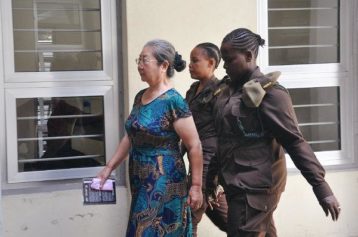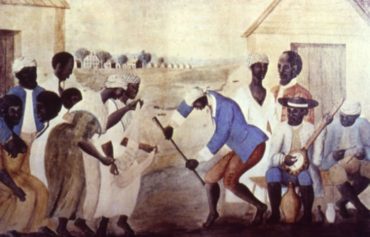From next month (January 2013), Tanzania will start restricting the size of land that single large-scale foreign and local investors can “lease” for agricultural use.
The decision follows both local and international criticism that major investors are grabbing large chunks of land here, often displacing small-scale farmers and local communities.
The Permanent Secretary in the Prime Minister’s Office Peniel Lyimo confirmed that the government would limit the amount of land leased to investors in this East African nation. Previously, there were no limits.
“For a large-scale investor who wants to invest in sugar, the ceiling has been put at 10,000 hectares. (The limit for) rice is 5,000 hectares. The ceiling for sugar is significantly higher due to the fact that it may also produce electric power,” Lyimo told IPS. Sugarcane fiber is used in the generation of electricity. According to official documents, seen by IPS, from the Tanzania Investment Center, a government agency set up to promote and facilitate investment: “Even within a seven-year period, an investor would not be able to use more than 10,000 hectares…”
The move will come as a relief to land rights organizations that have continually called for the government to curb the land grabs here. In 2008 the Tanzanian government launched the Kilimo Kwanza (Agriculture First) initiative in order to increase private sector investments in agriculture.
And when the World Economic Forum took place in Dar es Salaam in 2010, the Southern Agricultural Growth Corridor of Tanzania (SAGCOT), a multi-stakeholder partnership to rapidly develop the country’s agricultural potential, was formed and the government began to invite foreign companies to invest in crops like sugarcane, maize, rice and cassava.
However, civil society organizations like the Tanzanian NGO Land Rights Research and Resources Institute (LARRR I) and the Oakland Institute, an independent policy think tank in the United States, called on the government to review its investment policy to limit the amount of land given to foreign investors. “Giving tens of thousands of hectares to large-scale investors was hurting smallscale farmers,” said LARRRI executive director Yefred Myenzi.
Read more: Allafrica.com

